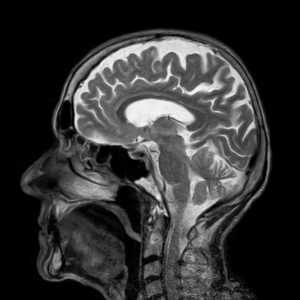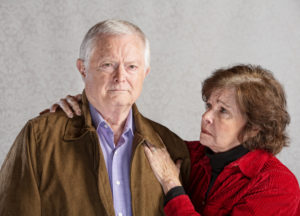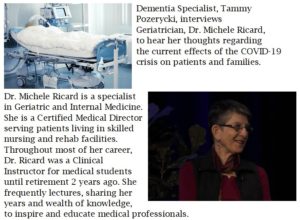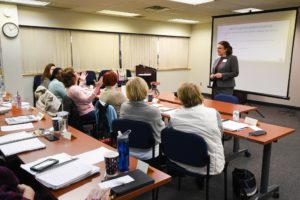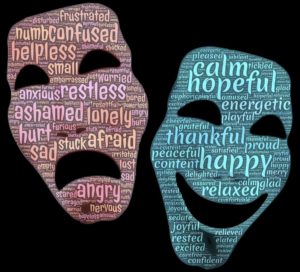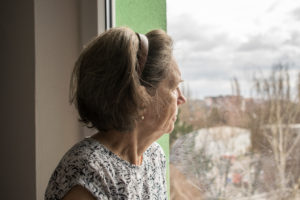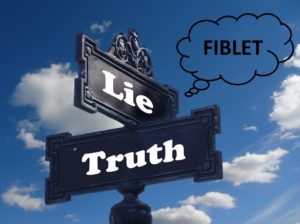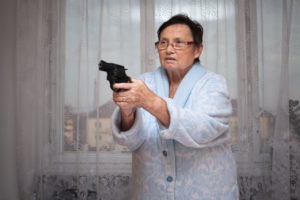
Firearms and Dementia: What is the Risk?
In 2015, a woman was shot by her husband. Her husband was diagnosed 2 years prior with a dementia disease. He was a retired Police Chief and had access to his firearm. He shot her during a moment of confusion and paranoia. There is no positive outcome for a person who owns a firearm and has a diagnosis of some form of dementia, more appropriately called a major neurocognitive disorder. Dementia is a set of symptoms including poor judgment, memory loss, and decreased ability to function to name a few. Hallucinations and delusions may be a part of that list


